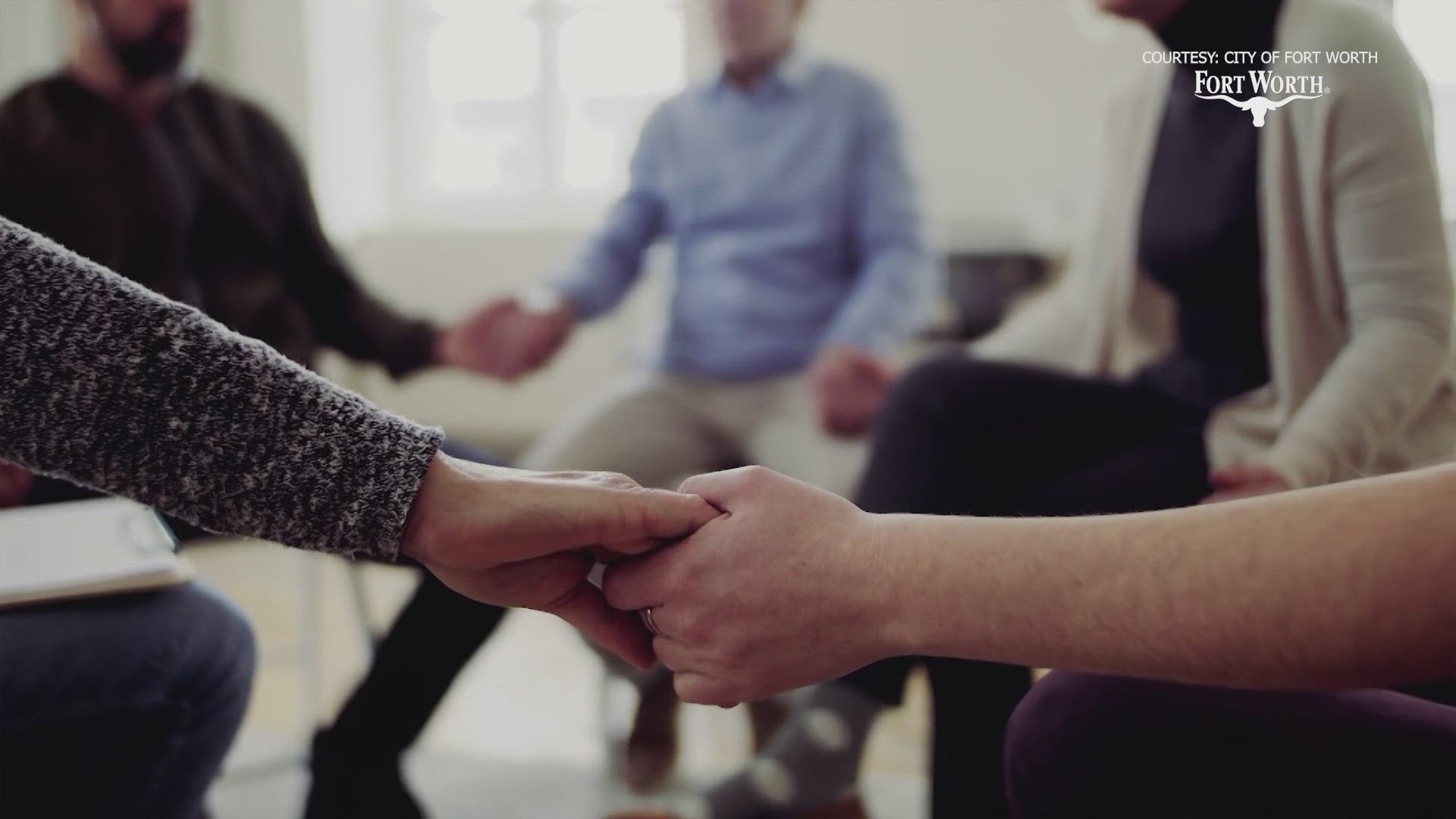FORT WORTH, Texas — A new police and community mediation program kicks off in April in the City of Fort Worth, and those involved believe it will be a game-changer for the city.
The program is called the Fort Worth Community-Police Mediation Program (CPMP).
After the October 2019 police shooting death of Atatiana Jefferson; it left little to no trust between police and some in the community. Her death pushed a lot of people to come forward like Jamal Johnson who had only been living in Fort Worth for about a year.
"It struck me deeply. I related to her as someone who is educated, professional, and trying to do things the right way. I would consider myself a grassroots activist," Johnson said.
After completing the CPMP application, interviews, and training, as one of 12 mediators Johnson will be called in to referee a low-level disagreement between an officer and the person who filed the complaint.
"When we can come to the table to a mutual understanding, we can move forward together versus being divided," said Johnson.
The mediation is voluntary. For the program to impact any case all the parties must agree to participate in arbitration. Officers have an advantage because mediation will serve as an alternative to the regular disciplinary process officers face after complaints.
Bonycle Sokunbi serves as the director of the Office of the Police Oversight Monitor. She believes having mediators will have a huge positive impact on the police-community relationship.
"When you talk about conflict just in day-to-day life, imagine no one hearing what you are saying, and being able to have someone sitting next to you to calm the room so everyone is heard," Bonycle Sokunbi said.
The mediators will only hear low-level complaints that can be settled without legal action. When the program kicks off on April 1, there are already complaints on the table.
Fort Worth Officer Oscar Moncada is also a volunteer mediator in the program. He's been a policeman for seven years. He's the second person in his family to serve in law enforcement. Moncada fell in love with becoming a police officer as a child after being around his grandfather who served in law enforcement.
He believes it's a perfect fit for his regular day-to-day responsibilities.
"This will help bridge that gap between police and community," said Moncada, "Part of what I do right now is neighborhood relations. I am a Neighborhood Resource Officer. So, my primary role is community engagement.
Both Officer Moncada and Johnson hope they can be the glue that brings police and community together in Fort Worth. They both want people who have complaints or concerns about their interaction with police to say something and not stay quiet to make the city better as a whole.
"You have to speak up, you have to get involved," Jamal Johnson said.

